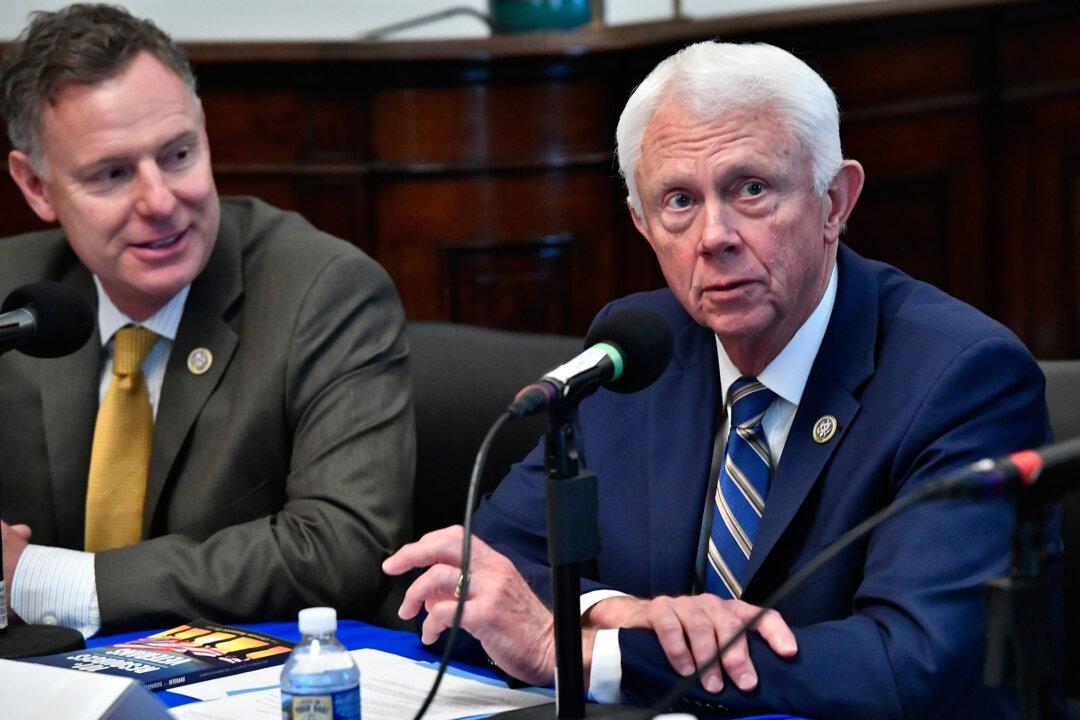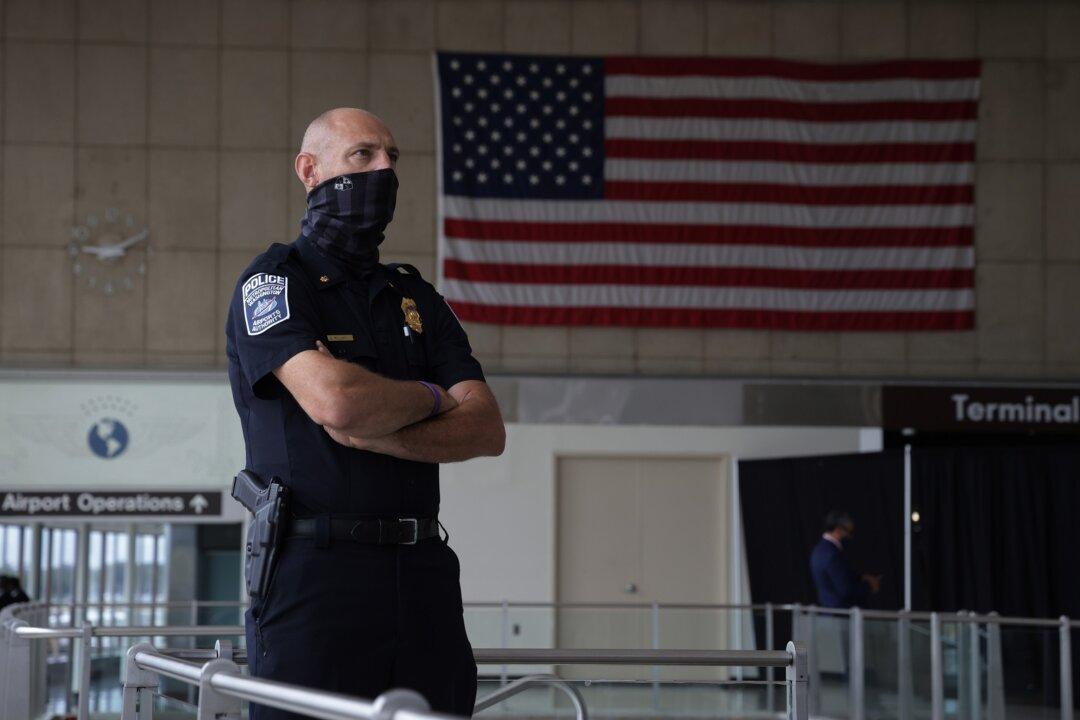WASHINGTON—Speaking before a conference on Qatar in Washington, members of Congress joined military leaders and experts in questioning current U.S. policy toward the gas-rich petrocracy. The U.S. currently maintains extensive ties with Qatar, centered around Al Udeid Air Base southwest of Doha, the nation’s capital.
Rep. Jack Bergman (R-Mich.), a retired lieutenant general, criticized Qatar for spying and hacking on U.S. soil, and for sponsoring Middle East terrorism.





